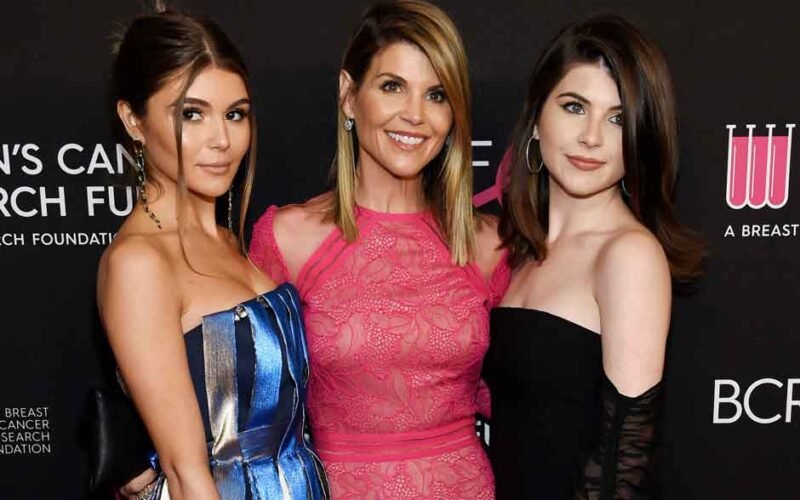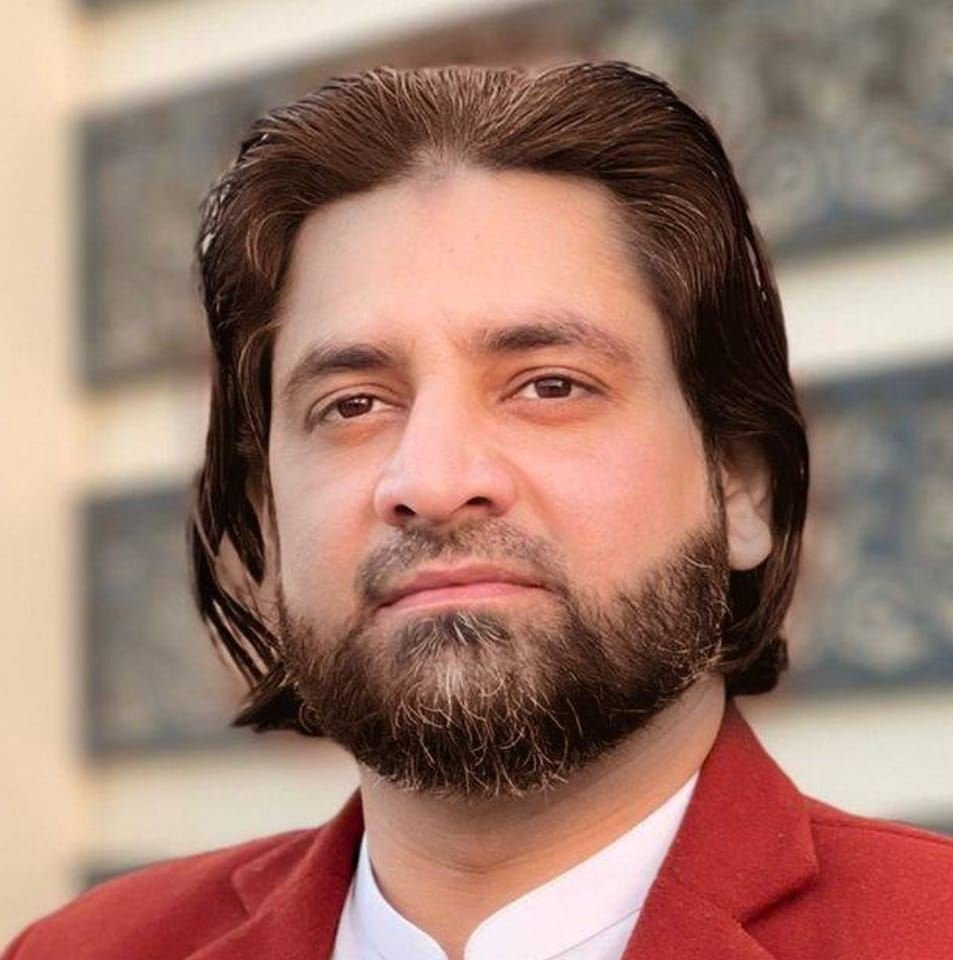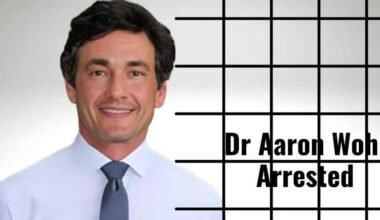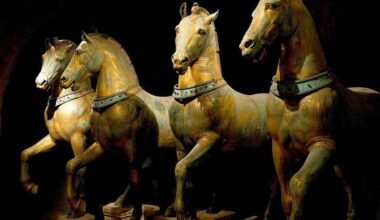A storm was brewing in the halls of USC that would shake its foundations and academic world. The admissions scandal that engulfed wealthy parents, college coaches and a group of facilitators illuminated a dark cloud over the prestigious university. Among those implicated was C.W. Park, a former associate vice president at USC. Allegations against Park included accepting bribes and allowing inadmissible students to attend school illegally.
The Charges: Unveiling the Accusations
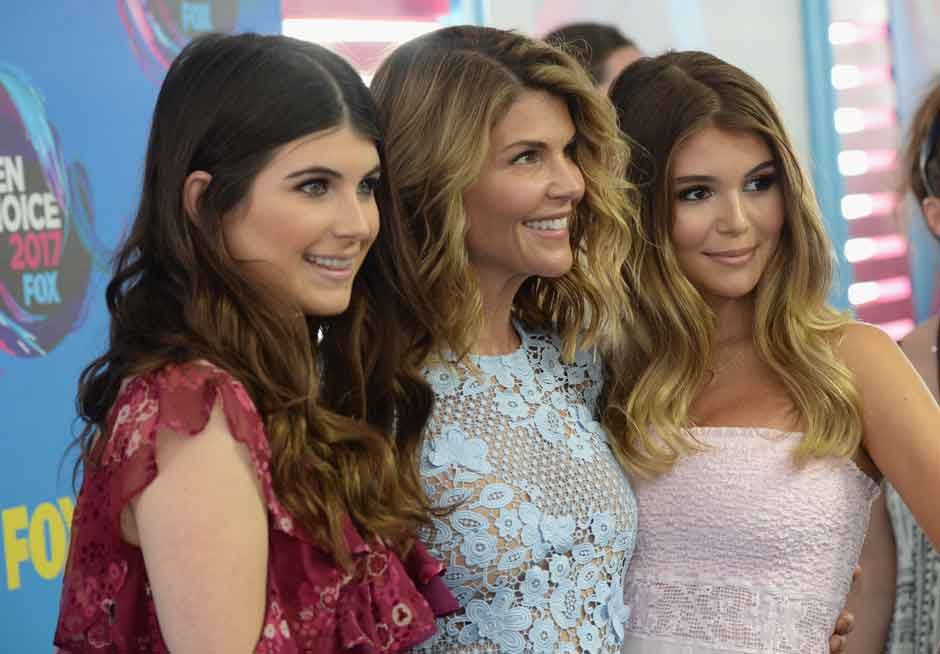
The indictment on C.W. Park showed corruption and deceit. Prosecutors charged that Park had an important role in the admissions scheme by using his status to get admission to students who didn’t meet USC requirements.
Court documents alleged that Park received bribes from parents and intermediaries, including the scandal’s mastermind William “Rick” Singer. These payments were supposedly made in return for designating the students recruited athletes despite lacking athletic credentials.
The C.W. Park USC Lawsuit Battle
The legal battle with C.W. Park was certain to be long. The allegations against Park were denied and Park promised to fight back vigorously.
Leading the prosecution were seasoned lawyers from the U.S. Attorney’s Office who laid out a strong case with testimony from cooperating witnesses. They alleged Park harmed the admissions process and denied deserving students their spot at USC.
Instead, Park and his skilled defense attorneys poked holes in the prosecution case by questioning witnesses and evidence interpretation. They argued Park acted in good faith because he believed the students he helped were legitimate recruits.
The Courtroom Drama: Unraveling the Truth
A legal drama unfolded in the courtroom during the C.W. Park USC lawsuit trial. Witness testimonies, cross examinations and heated exchanges between opposing counsels riveted the audience and the media.
The prosecution presented a narrative tying together evidence purportedly linking Park with the admissions scheme. They produced emails, financial records and testimonies from cooperating witnesses aimed at establishing Park culpability beyond any reasonable doubt.
Park’s defense counterattacked by questioning every piece of evidence and key witnesses. They hoped to sow doubt in jurors’ minds that the prosecution lacked circumstantial evidence and that Park misinterpreted his actions.
The Verdict: A Momentous Decision
The jury decided C.W. Park’s fate after weeks of courtroom proceedings. The tension built as jurors considered the evidence and arguments presented by both sides.
That verdict was announced with shock in the courtroom and among academic circles. Park was acquitted of [charges]. The C.W. Park USC lawsuit decision drew mixed reactions – some hailed it a victory of justice, others were disappointed or relieved, depending on how you felt.
The Lessons Learned: Restoring Integrity and Trust
The dust settled on the C.W. Park USC lawsuit case, and it became clear that the road to regaining integrity and trust in admissions would be long and difficult. Universities and educational institutions nationwide were forced to re-examine their procedures, establish checks and balances and create a culture of ethics and accountability.
The C.W. Park USC lawsuit case also served to remind us all of how important it is to maintain equality and fairness in higher education. That highlighted the need for fair play – where students are evaluated on merits, talents and hard work – not just for finding loopholes or being unethical.
